How much meat can you eat and still be considered eating a whole food, plant-based diet?
Most people would answer zero. And indeed, a 100% whole food, plant-based (WFPB) diet has many benefits, including the longest, healthiest lifespans. It is also the most therapeutic for reversing serious health conditions like cardiovascular disease and type 2 diabetes.
But others would say that a 95% WFPB diet is a viable option.
Committing to that 100% goal can often be an obstacle. Many people can’t imagine never eating meat again, so they don’t even start down the road to eating mostly plant-based. They tragically miss out on the health benefits of eliminating much of the cause of today’s chronic diseases.
Others abandon this lifestyle because they find social pressure from friends and family too much to handle. Turning down food made with love, even though it may be damaging to their health, just feels wrong. Or they abandon this way of eating because they cannot eat “perfectly” WFPB, avoiding all oils, processed foods, meat, dairy or eggs 100% of the time.
If you identify with any of these thoughts and feelings around adopting a WFPB lifestyle, I want to assure you that I understand.
As a wife, mother, daughter and friend, I have experienced the challenges that come with adopting this way of eating. It took time, research and experimentation to determine what I was comfortable with allowing in the way of oil, processed foods and animal products. This has changed over the years, and no doubt yours will too.
If going 100% WFPB is stopping you, consider committing to a 95% whole food, plant-based diet.
This way of eating is supported by research. The traditional Okinawan diet, where many people live healthfully to 100 and beyond, is 96% whole food, plant-based. Only 4% of their diet comes for eggs, fish, meat, dairy or oil.
Many of the WFPB doctors and leaders in this movement acknowledge there is little evidence to suggest that eating 100% WFPB is healthier than eating 95% WFPB for people that are generally healthy.
Dr. Joel Fuhrman, for instance, in his Nutritarian™ eating plan (a nutrient-dense WFPB diet,) allows for 10% or less of calories to come from less nutrient-dense foods, including animal products. He recommends that commercially raised meat, cheese and processed foods be limited to 5% or less.
Getting Real About the 5%
Okay, so what does 5% of your calories from animal-based foods look like? Because animal products are among the most calorie-dense food choices, the reality is that it doesn’t take much to hit that number.
1500 Calories/Day X 5% = 75 calories (525 calories/week)
2000 Calories/Day X 5% = 100 calories (700 calories/week)
| Food | Calories |
| 1 large egg, scrambled | 102 |
| Baked Chicken Breast, no skin, 1 oz. | 46 |
| Turkey Breast, No Skin, Cooked, 1 oz. | 37 |
| Salmon, Wild, Cooked with dry heat, 1 oz. | 51 |
| Beef, Chuck Roast, Select, fat trimmed to 1/8”, cooked, 1 oz. | 89 |
| Ground Beef, 80% Lean, Cooked Crumbles, 1 oz. | 86 |
NOTE: This 5% does not include any processed or preserved meats that are proven to cause cancer, including deli lunch meat, bacon, ham, sausages, or the like. You probably avoid 2nd hand smoke because you don’t want cancer. So why eat processed meat that comes with a similar increase in cancer risk? If you choose to eat meat, eggs or fish, ensure they are organic, wild/pastured and free of added hormones and pesticides.
Those 1 oz. servings aren’t how we eat in real life, so how could you make this work?
Here are the recommendations of some plant-based doctors, for those that are generally healthy and are having difficulty with the 100% commitment:
- Dr. Pam Popper recommends limiting meat and fish to 2 or 3 times a week.
- Dr. Michael Klaper recommends limiting meat to the size of a deck of cards, twice a week.
- Dr. Joel Fuhrman recommends limiting meat to 6-8 oz. a week.
This is sounding more doable, right?
When it comes to excellent health, your overall dietary pattern is what is important.
Cautions to Consider
If you are new to this way of eating, I highly recommend going at least 30 days without animal products or added oils. This will reset your palate to clean, health promoting, nutrient dense foods. If you are still eating foods with oils, meat, eggs, cheese or other dairy, you will continue to crave these foods. The cravings only go away when you completely eliminate them for a period of time.
If you are allergic or have a sensitivity to certain foods, you should avoid them. Dairy messes me up, so I avoid it at all costs. I have worked too hard to get my digestion in working order. I know what I feel like when I eat it, and it’s just not worth it. If you know you are sensitive to gluten, dairy, eggs, or some other food, avoid it like the plague.
Reintroducing meat, dairy and eggs back into your diet, even in small quantities can cause some people to slowly backslide to eating it on a regular basis or way more than 5% of overall calories. What we eat we crave. Your gut bacteria is different when you are eating animal products, and it wants to be fed!
If you are working on reversing cardiovascular disease, type 2 diabetes or some other serious health condition, go as close to 100% as possible! Your health is more important than pleasing family members or friends. They should want what is best for you, and if they feel rejected because you won’t eat something they’ve prepared, that’s on them. You can kindly explain that you are following a special diet to reverse your condition, and assure them that you love them and appreciate them.
Flexibility Benefits
A 95+ percent commitment allows for some flexibility when you are not in complete control of your diet due to travel or dinner invitations.
A “courtesy bite”or “curiosity bite” of a non-compliant food isn’t going to wreck the health benefits of your mostly plant-based diet. But this only works if you can stop at one bite.
And often that will only happen if you have totally eliminated all animal foods for several months.
After a good stretch of eating only clean, plant-based proteins, a bite of meat or seafood will not taste good. I find this to be a huge advantage to avoiding the slippery slope back to the typical meat-centric western diet.
I share this so that you know that you can achieve a healthy weight and body and enjoy a WFPB lifestyle that works for you. There isn’t just one path to going plant-based.
If going 100% is stopping you, I invite you to commit to a 95% WFPB diet.
You will dramatically reduce your risk of chronic disease! Definitely worth doing!
If you’re ready to adopt a mostly plant-based diet, but could use some support, I work with clients that are done with dieting and ready to make a lifestyle change so they can get healthy from the inside out. Check out the Juicy Plant-Based KickStart Program.

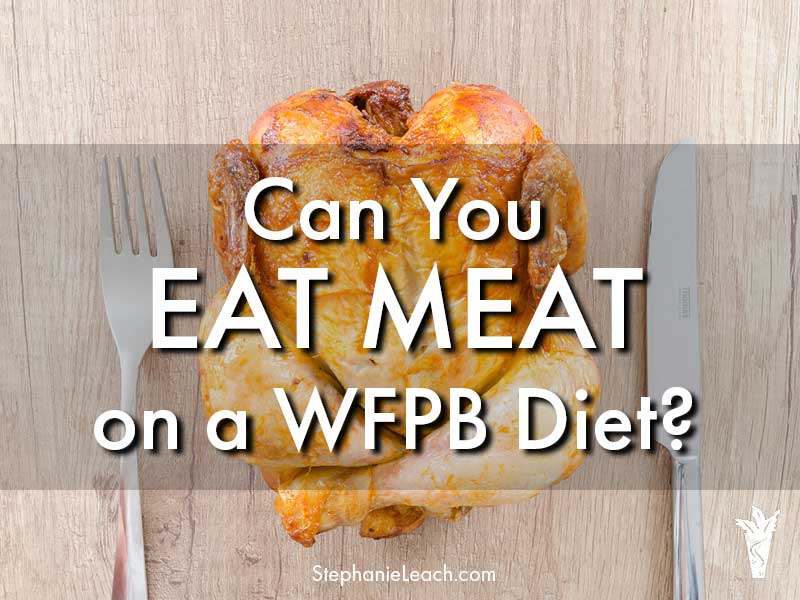
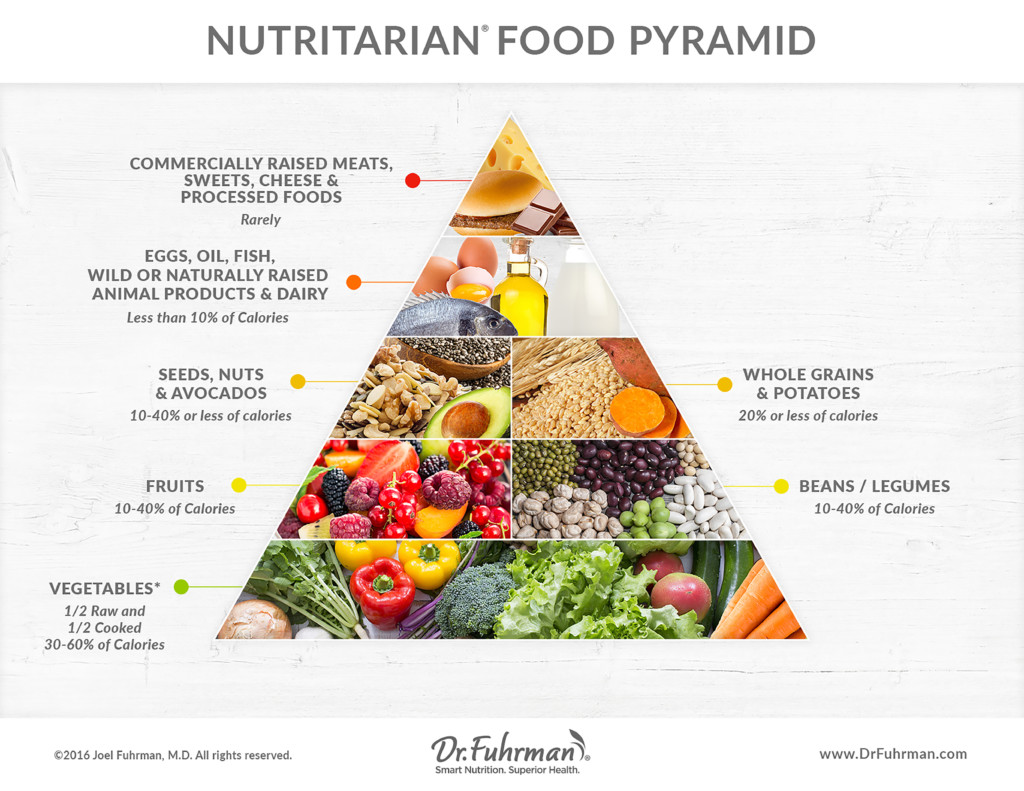


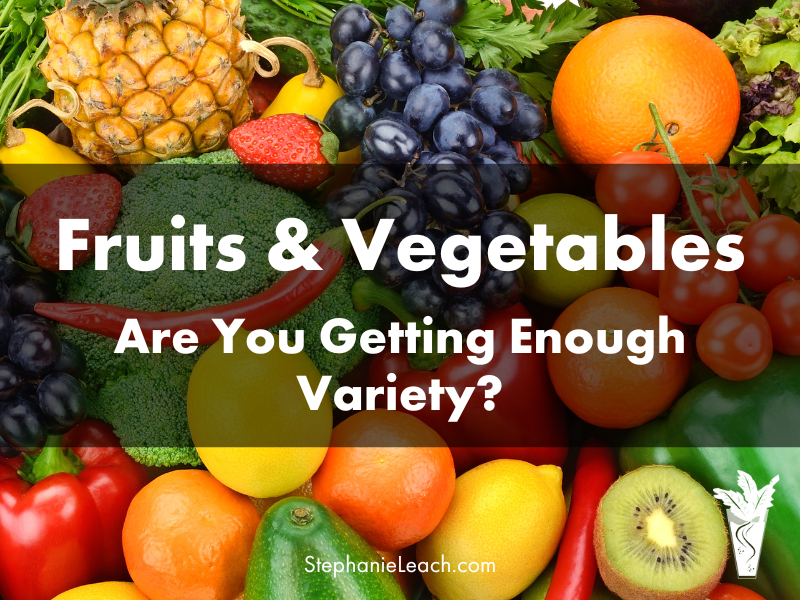
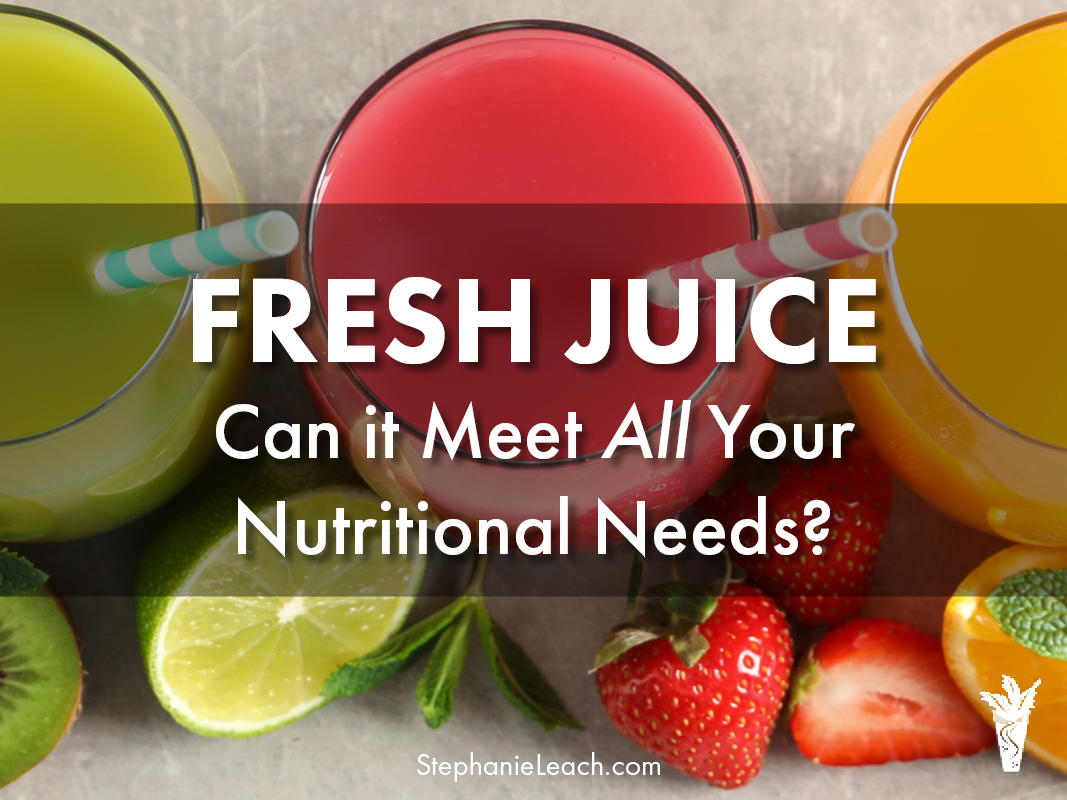
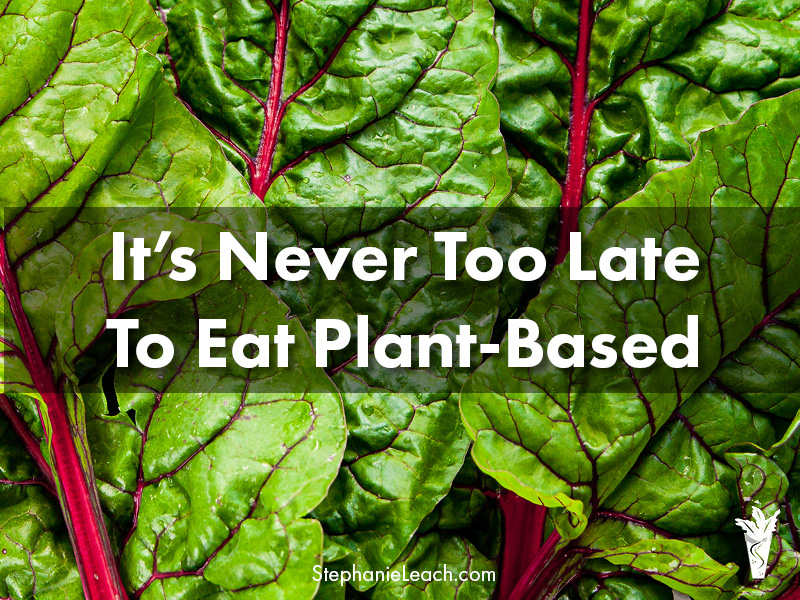
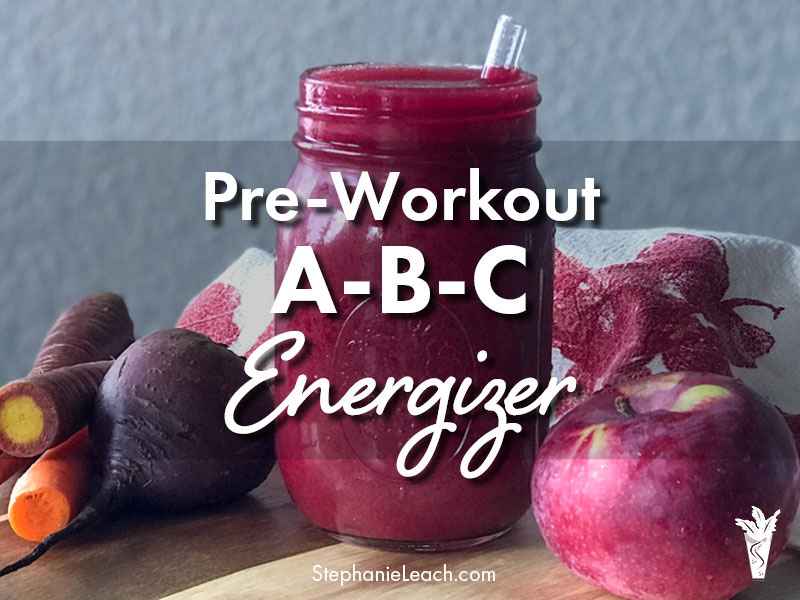
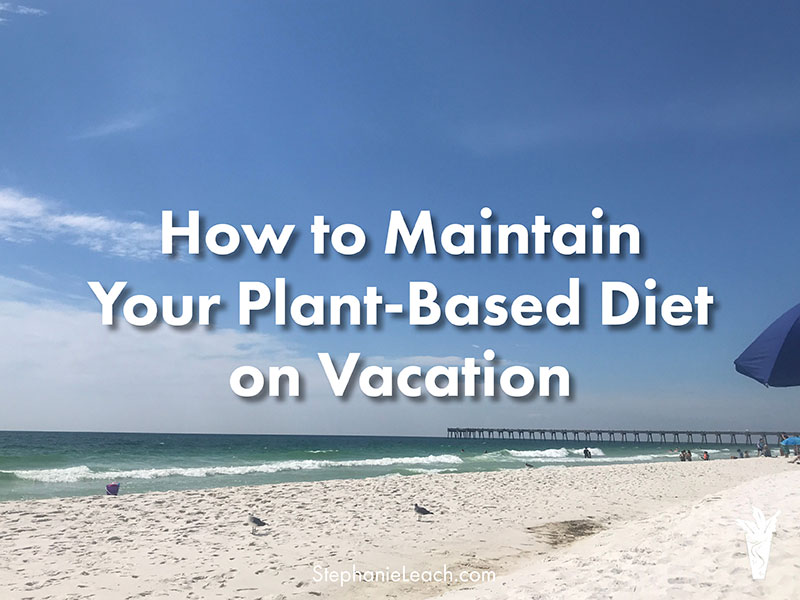
Leave A Comment